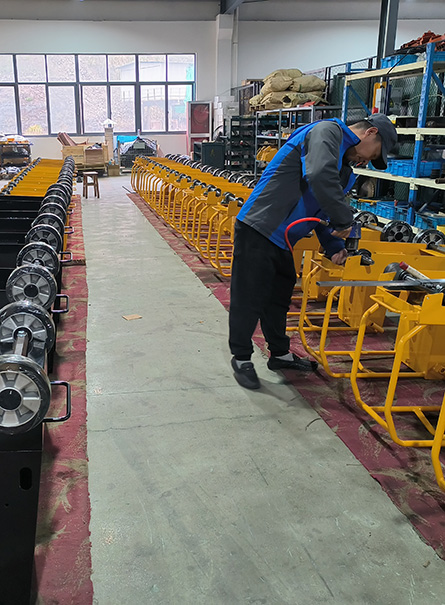Engineering machinery and equipment are generally not cheap, ranging from tens of thousands to hundreds of thousands.
It is particularly important to keep the machinery and equipment working normally and extend their service life. This article takes you to understand the methods to extend the service life of engineering machinery and equipment, to make the equipment play the maximum economic value.
First of all, let's understand the key factors affecting the service life of equipment, namely: temperature, impurities, corrosion, and load.
1. Temperature
All components have their own applicable temperature range, and excessive or low temperatures will affect the performance. For example, the operating range of hydraulic oil in a hydraulic transmission system is 30-60℃, and lower or higher than this temperature range will accelerate the wear of components.
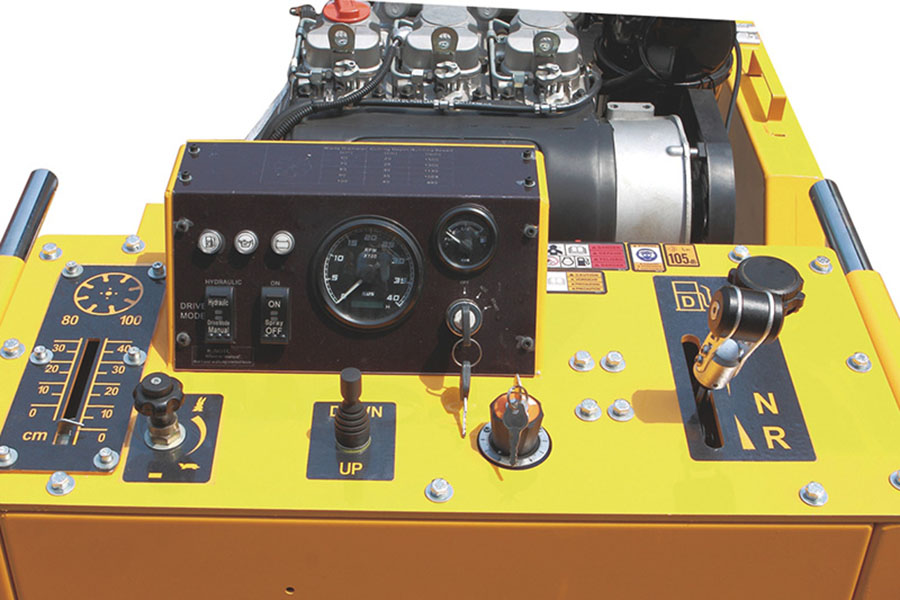
2. Impurities
Mechanical equipment impurities generally refer to non-metallic materials such as dust and gravel, and metal chips produced in the process of using mechanical equipment. Once these impurities enter the machinery, they not only accelerate the wear of components, but also scratch the surface of components, damage the lubricating oil film, and eventually lead to the temperature increase of components and the deterioration of lubricating oil.
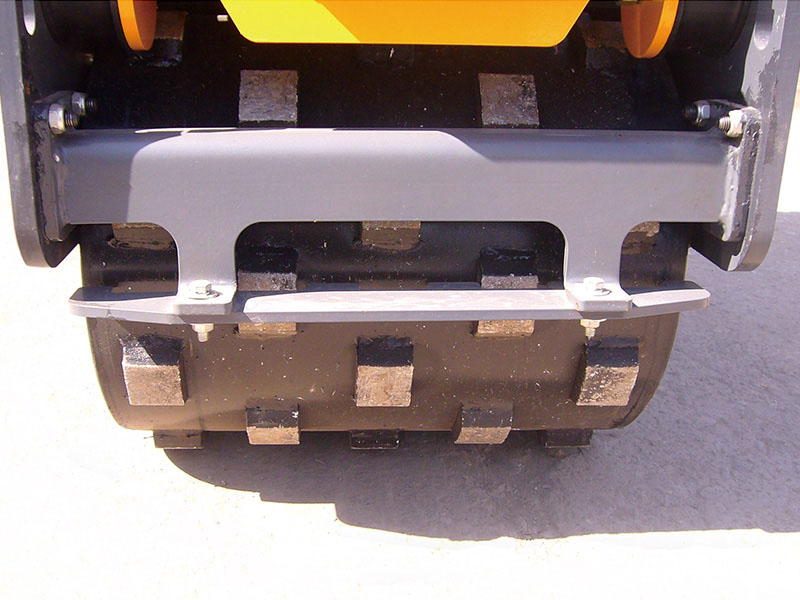
3. Corrosion
Mechanical equipment is subjected to long-term erosion by rain and air, which not only affects the normal operation of the mechanical surface but also corrodes the internal parts of the mechanical equipment, accelerates mechanical wear, and increases the equipment failure rate.
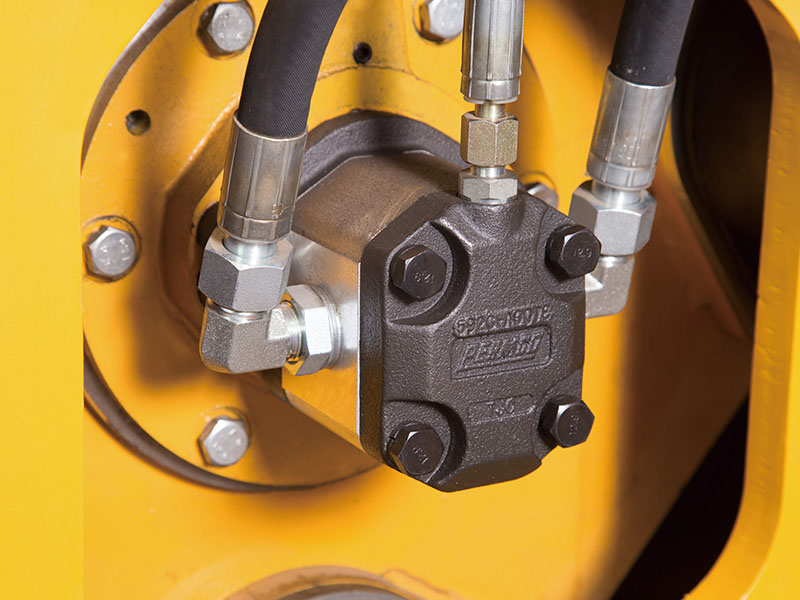
4. Load
Engines operating under normal load have a lower failure rate and longer life. On the contrary, engines operating under overload have a significantly higher failure rate and shorter life than the design specifications. Mechanical wear under wide-ranging load changes is greater than that of mechanical under continuous and stable operation.
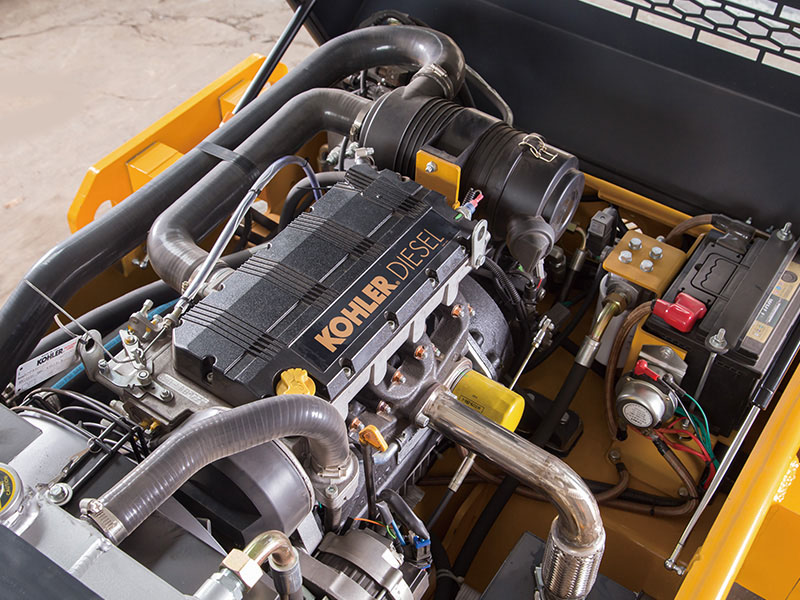
Therefore, in the use of engineering machinery:
First, prevent overload operation under low temperatures, ensure the normal running of the low-speed preheating stage, make the machinery reach the specified temperature before driving or working, do not ignore its important role because there is no problem at the time;
Second, prevent the machinery from running at high temperatures. During the operation of the machinery, check the values on various temperature tables frequently, stop the machine immediately for inspection when problems are found, and remove faults in time.
Third, pay attention to checking the working condition of the cooling system. For water-cooled machinery, cooling water must be checked before daily work; for air-cooled machinery, dust on the air-cooled system should be cleaned regularly to ensure that the heat dissipation air duct is unimpeded.


